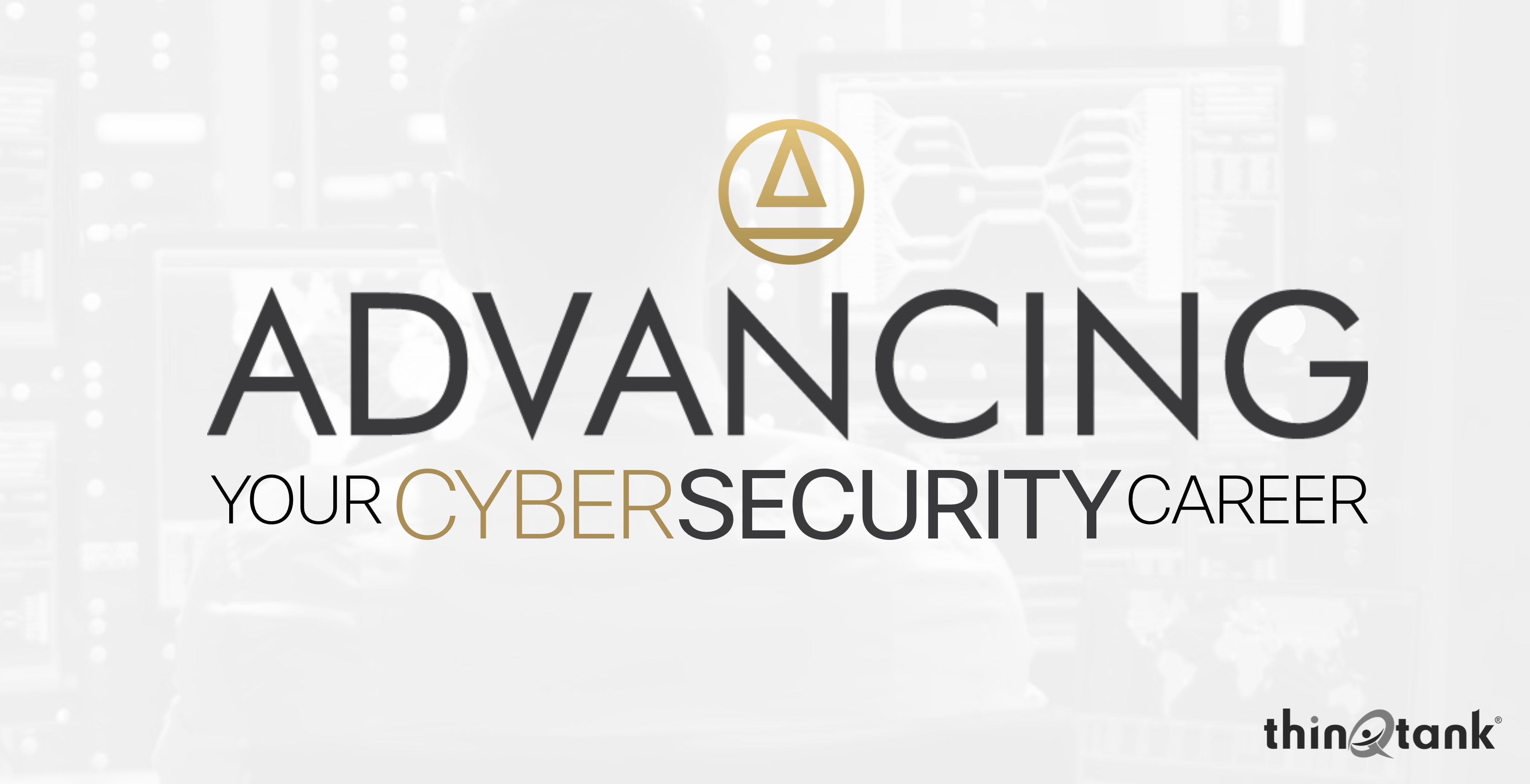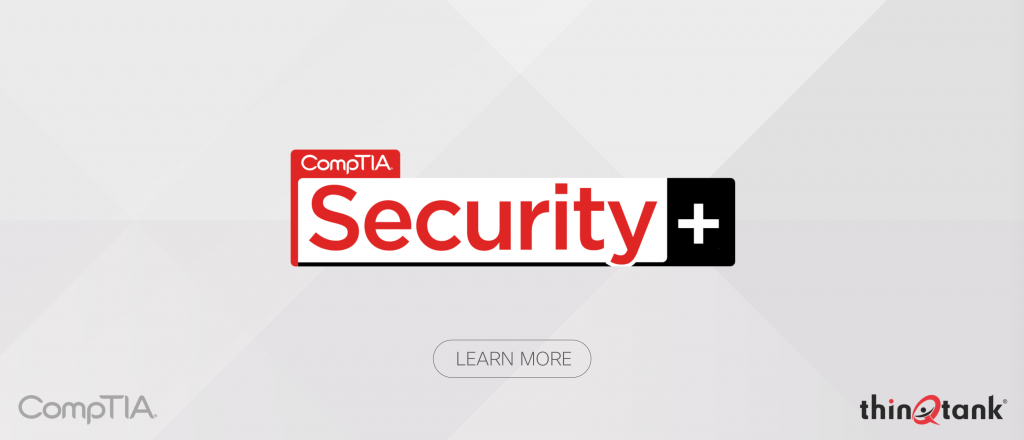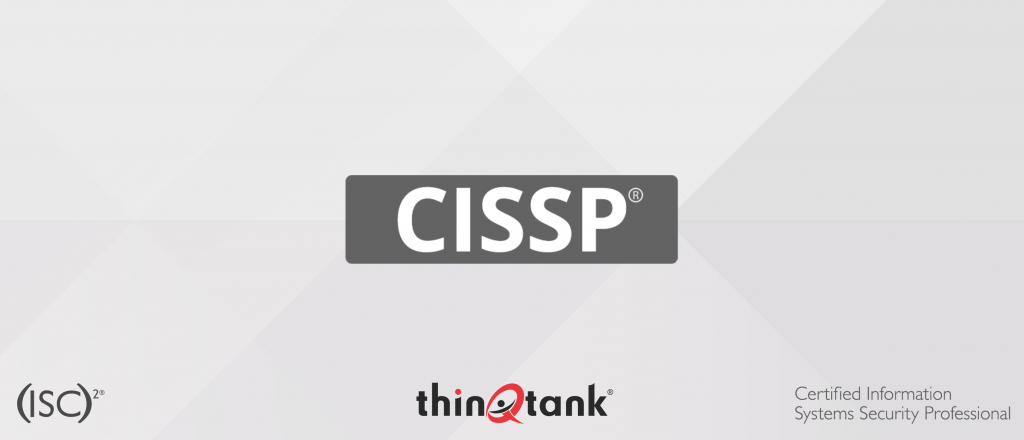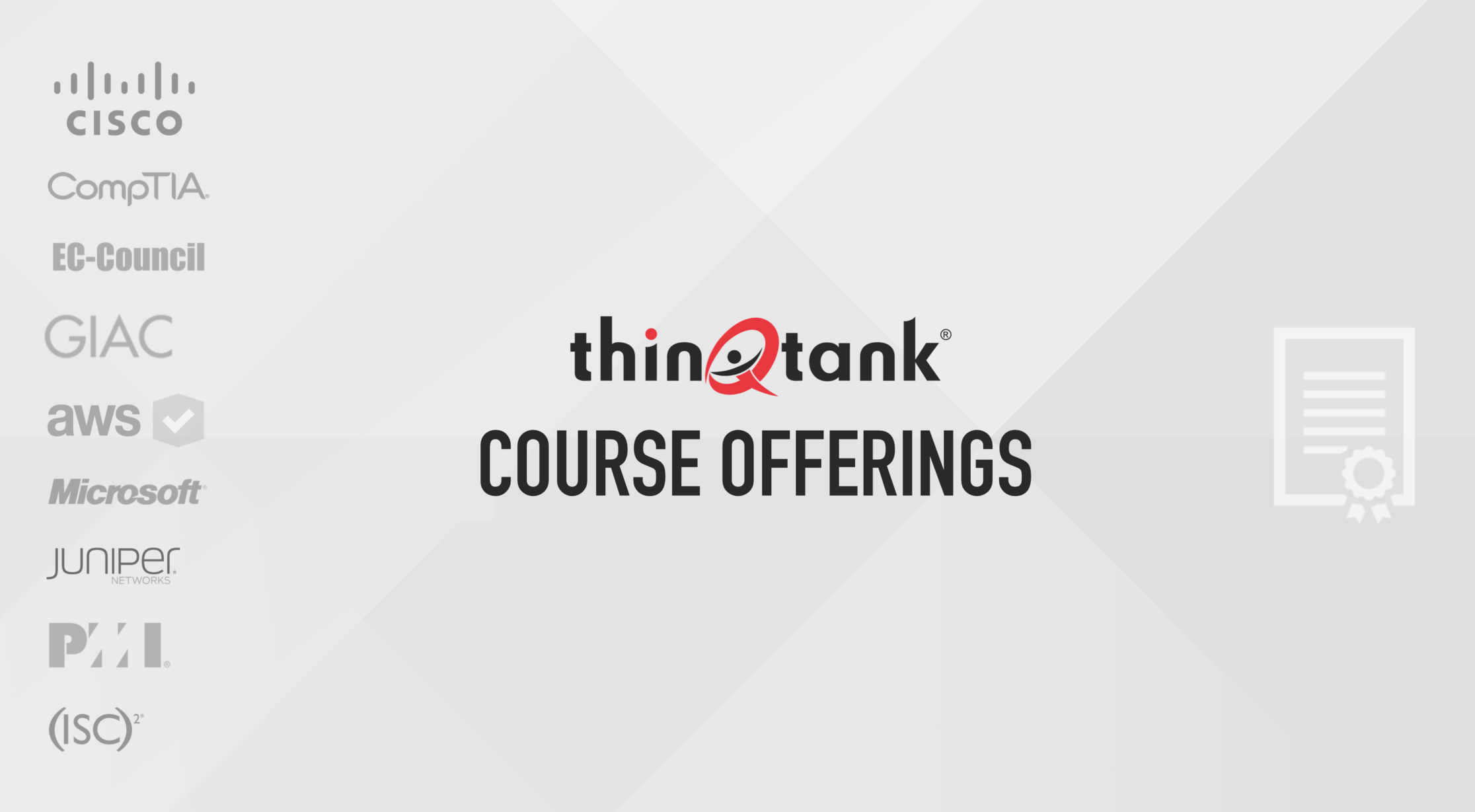Advancing Your Cybersecurity Career

Cyberattacks are the fastest growing crime in the U.S., and they continue to grow in size and sophistication. With big companies like Equifax and Uber making headlines after having customer information stolen, it’s no surprise administrators are terrified of experiencing a data breach and the demand for cybersecurity certifications has skyrocketed.
This fear isn’t unfounded, either. A survey conducted by Centrify found that 66 percent of customers in the U.S. would likely halt any interaction with a company that’s officially been hacked.
With so much on the line, you might be scrambling to hire top cybersecurity talent or equip your IT team with cybersecurity certifications to stave off growing security threats. As an IT professional, the demand for cybersecurity skills also presents a huge opportunity to boost your résumé, stand out among candidates and increase your earning potential.
![]()
For companies looking to bolster their team’s skill sets, information security training is a necessity. Cybersecurity certifications ensure your employees are well-versed in the latest security best practices and know how to guard against cyberattacks.
As an IT professional, cybersecurity certifications also provide the tools you need to advance your IT career path. With so many IT security certifications out there, where do you start? Here are a few certification paths we recommend.
![]()
To stop a hacker, you must be able to think like one. It’s an interesting balance between toeing the line of moral actions and processing the malicious thoughts the average cybercriminal would have. This kind of mentality isn’t easy to come by, which is why the Certified Ethical Hacker course was created. This class teaches the skills you need to think and act like a hacker.
Topics include: Hacking technologies that target cloud computing technology, mobile platforms and the latest operating systems, Coverage of the latest vulnerabilities, malware and viruses, and Information security laws and standards.
CEH students go through real-time scenarios where they are exposed to different ways hackers penetrate networks and steal information. Students learn how to scan, test and hack and protect their systems.
IT professionals who complete this course have many positions to choose from, with perhaps the most notorious being penetration testing. Penetration testing jobs require you to hack into a network without actually stealing any data. This job function demands a high level of trust, which is well rewarded. Penetration tester salaries often top out at just over $130,000 annually, according to PayScale.
The CEH certification benefits security officers, auditors, security professionals, site administrators and anyone concerned about network infrastructure security.
![]()
CompTIA Security+ is a base-level certification for IT professionals thinking about moving into cybersecurity. You need at least two years of IT experience to complete the certification. Still, the CompTIA Security+ certification is regarded as a more general cybersecurity certification because it doesn’t focus on a single vendor product line.
In this course, students learn about IT security concepts, including: Network attack strategies and defenses, Elements of effective security policies, Network- and host-based security best practices, Business continuity and disaster recovery, and Encryption standards and products.
But don’t let this more generalized approach scare you away. This course is meant to be all-encompassing, building a solid knowledge foundation that you can enhance with other courses. In fact, CompTIA Security+ is so well trusted that the U.S. Department of Defense has mandated that its employees take it.
Because security applies to all levels and job roles, this course will also benefit application developers, PC support analysts and senior managers in accounting, sales and marketing roles who want to gain basic security knowledge.
![]()
Another popular certification for general cybersecurity knowledge is the Certified Information System Security Professional course. Many IT companies consider CISSP a base requirement for employees responsible for network security.
This course challenges students in various cybersecurity domains, including: Access Control, Cryptography, Telecommunications, and Networking.
Like CompTIA Security+, this certification is not vendor-specific, so the knowledge can be applied to a variety of setups.
The CISSP is considered the “crown jewel” of cybersecurity certifications, and passing the CISSP exam can lead to some incredibly lucrative positions. Security architects, for example, can make more than $150,000 annually. IT professionals who take this exam will need at least a few years of experience in the field – three to five years is recommended.
The CISSP certification is a must-have for people looking to move into a Chief Information Security Officer (CISO) role. But it’s also a salary-booster for analysts, systems engineers, consultants and IT security managers.
![]()
The Certified Information Security Manager certification is revered as one of the best cybersecurity courses out there, and for good reason. Students need at least five years of experience in the field to even apply.
Over the course of this management-focused certification, students will learn about four sections of cybersecurity: Information security program development and management, Information security management, Information security incident management, Information risk management and compliance.
The exam is incredibly rigorous and demands a lot of time and knowledge, but the end result is worth it. Many CISM certification holders pursue a CISO title, a position that earns an average of $160,000 per year, according to PayScale.
Any IT professional interested in managing enterprise information security can increase their earning potential by taking this course.
![]()
The CISA certification is focused on information auditing. As an IT professional, being CISA-certified demonstrates that you have rigorous audit experience and are capable of managing vulnerabilities and instituting controls at an enterprise level.
Like its sibling test CISM, CISA requires applicants to have five years of experience before registering. Students learn about information systems control and monitoring skills, including: The process of auditing information systems, IT management and governance, and Protection of information assets.
A globally recognized certification, CISA is a main requirement for high-level IS audit, assurance and control positions.
If you have any questions about advancing your cybersecurity career, or our Training and Certification Programs, we would love to hear from you! Give us a call at 855-TO-THINQ (855-868-4467) or email website@thinqtanklearning.com.




